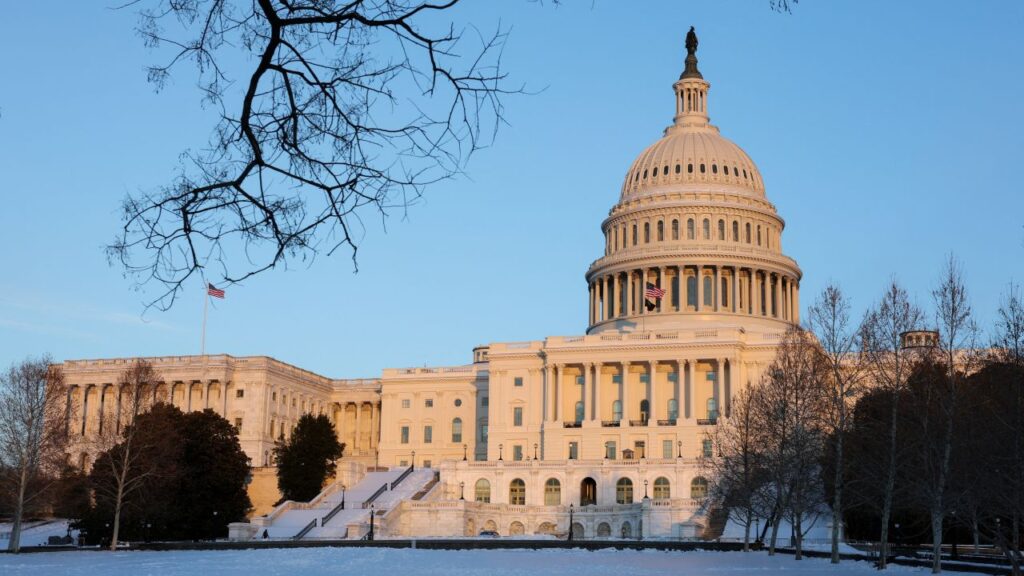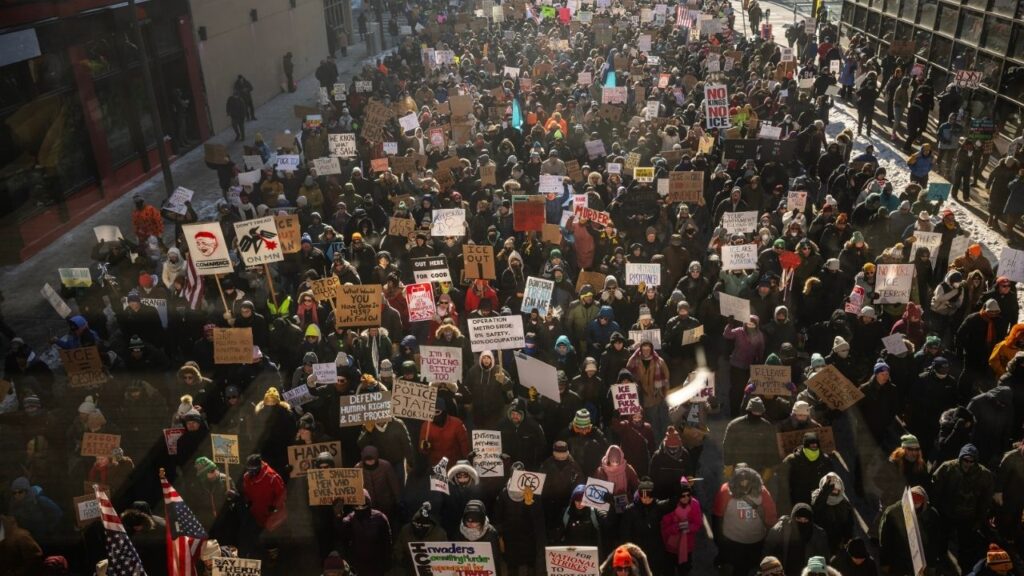Share
Gov. Gavin Newsom’s first budget proposal, unveiled two months ago, took a surprisingly conservative approach, given his promises of high-dollar spending during his campaign for the governorship.

Opinion
Dan Walters
CALmatters Commentary
While he proposed token appropriations to expand health insurance for the poor and pre-kindergarten care and education, his 2019-20 budget would devote most of the state’s hefty surpluses to reserves, one-time expenditures and paying down debt.
It was, in brief, just the sort of cautious budget that outgoing Gov. Jerry Brown would have presented, along with his annual warning that recession may be just around the corner.
Newsom said his goal was “a structurally balanced budget over the next four years.” But the budget’s own economic forecast sees “slowing growth” and warns that “risks are rising.”
In the weeks since Newsom released his budget, we’ve seen several indications that California’s economy, which has been booming for the better part of a decade and generating many billions of extra dollars in state revenue, may, in fact, be slowing.
There’s been a marked slowdown in the state’s once-red-hot housing market, for example, and while unemployment remains at historic low levels—just 4.2 percent in January—job creation also seems to be slowing, in part because employers are having difficulty finding enough qualified workers.
Is California Beginning to Feel That Bite Again?
As it solicited bids for a new bond issue recently, the treasurer’s office listed 12 “economic and budget risks” facing the state, including a “threat of recession,” uncertain international trade policies and the budget’s ever-increasing reliance on income taxes from a handful of wealthy Californians and their investment earnings.
When Brown began his second stint as governor in 2011, personal income taxes provided 53 percent of the state’s general-fund revenue. But as Newsom succeeds Brown, income taxes account for 71 percent. And half of them are paid by just 1 percent of the state’s taxpayers, thanks not only to overall economic gains but also to higher tax rates on the wealthy, which Brown championed.
The proportion of taxes coming from capital gains—a major income source for the one-percenters—has doubled from 4.8 percent to 9.7 percent.
Despite his advocacy for those tax increases, Brown repeatedly warned that relying so much on high-income taxpayers creates higher levels of revenue volatility that bite hard during economic downturns.
During the Great Recession, California saw its general-fund revenue drop by about 20 percent, with most of that decline stemming from reductions in taxable income among the state’s wealthiest residents.
Is California beginning to feel that bite again?
An Incentive for Those With Income Flexibility
State Controller Betty Yee reported this month that two-thirds through the 2018-19 fiscal year, revenue is running several billion dollars under assumptions because of lower-than-expected income-tax payments.
It could reflect a slowing economy, a sharp drop in the stock market late last year and/or high-income taxpayers adjusting to changes in federal tax law, particularly a $10,000 limit on deductions for state and local taxes.
The latter is an incentive for those with income flexibility, such as the ability to defer capital gains, to minimize their state tax exposure.
All of these indicators could be just temporary blips or the harbinger of a downward trend that could undermine Newsom’s hopes of having a balanced budget throughout his first term.
Tellingly, the Legislature’s budget office advises lawmakers in a recent budget overview that “building more reserves than proposed by the governor would be prudent.”
However, Newsom’s fellow Democrats in the Legislature would like to save less and spend more, particularly on expensive entitlements such as health care and early childhood education.
CALmatters is a public-interest journalism venture committed to explaining how California’s state Capitol works and why it matters. For more stories by Dan Walters, go to calmatters.org/commentary.
[activecampaign form=19]


















